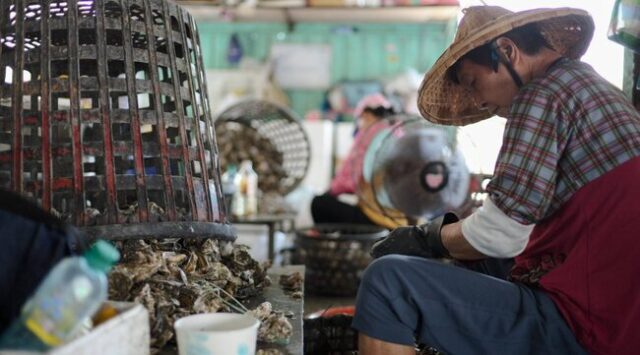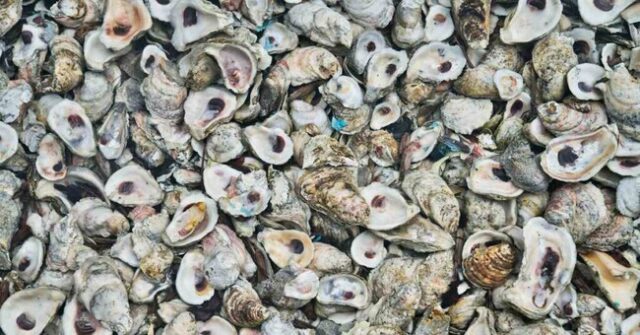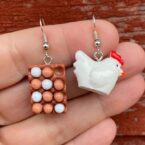
Eddie Wang, a Taiwanese entrepreneur, is revolutionizing sustainable fashion by turning discarded oyster shells into a unique and eco-friendly textile known as “sea wool.” Inspired by his upbringing in western Taiwan, where oysters are a significant part of the local economy, Wang saw the potential to repurpose the 160,000 metric tons of mollusk shells discarded annually. By grinding these shells, which are rich in calcium carbonate, and processing them into a flexible yarn, Wang has created a material that mimics the texture and warmth of traditional wool. This innovative approach not only helps reduce fashion waste but also offers a sustainable alternative to artificial textiles, making a positive environmental impact.

Wang’s vision has grown into a thriving business, with his factory now producing 900 tons of sea wool thread annually, generating $6 million in gross revenue. The material has gained popularity, with major retailers like Huckberry offering sea wool sweaters that compete in quality and price with those made from real wool. Beyond the fashion industry, the powdered oyster shells used to create sea wool also present an opportunity to replace limestone quarrying, a process that contributes to significant emissions and pollution. By transforming waste into a valuable resource, Wang’s sea wool not only supports sustainable fashion but also offers broader environmental benefits.














